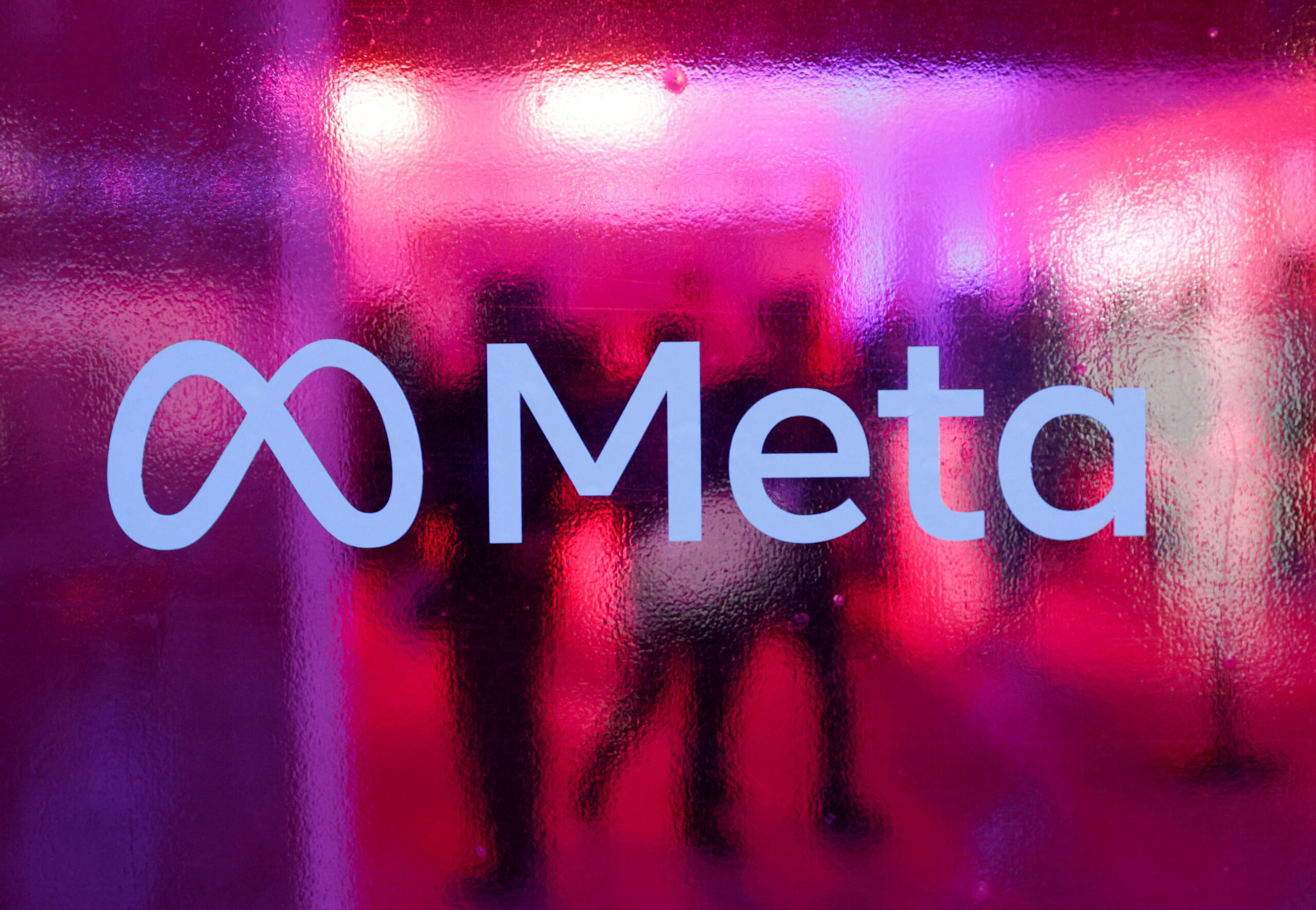Longevity, influence and the social media trap: Who do we trust with our health?
In a world where six-pack abs are flaunted more than six-point health plans, who are we really trusting […]

Meta’s oversight board announced its intention to scrutinise two instances concerning the management of potentially misleading posts by the social media giant leading up to the Australian referendum on Indigenous recognition in October last year.
This independent board, financed by Meta but operating autonomously, highlighted these cases to evaluate Meta’s policies regarding the moderation of false or deceptive voting information and concerns about voter fraud.
In October of the previous year, Australians decisively rejected a proposition to constitutionally acknowledge Aboriginal and Torres Strait Islander peoples. The referendum occurred amidst a deeply polarizing national discourse and concerns regarding the influence of misinformation on voters.
The board identified two Facebook users who separately shared screenshots displaying partial information from the Australian Electoral Commission (AEC) on X (formerly Twitter).
These screenshots from the AEC, as shared by the Facebook users, included statements such as: “If someone votes at two different polling places within their electorate, and places their formal vote in the ballot box at each polling place, their vote is counted,” and highlighted the AEC’s inability to discern the identity of individual ballot papers due to the secrecy of the ballot.
However, the board noted that these screenshots failed to convey that voting multiple times constitutes an offence in Australia.
One of the Facebook users shared the screenshot alongside the caption: “Vote early, vote often, and vote NO,” while the second user posted a similar screenshot with the comment: “so you can vote multiple times … they are setting us up for ‘rigging’ … smash the voting centres … it’s a No, No, No, No, No.”
Both instances were detected by Meta, which automatically subjected them to human review. Following this review, both posts were removed.
Both users appealed Meta’s decisions to remove their posts, claiming they were merely sharing content from the AEC.
The board emphasized that these cases align with its strategic focus on Elections and Civic Space.
As part of its adjudication process, the Board can issue policy recommendations to Meta. Although these recommendations are not binding, Meta is obliged to respond within 60 days.
Social media companies will face increased scrutiny this year, with elections scheduled in countries representing more than half of the global population, including the United States, India, and Russia. Platforms like Facebook and X have become increasingly prominent in election campaigns worldwide.

In a world where six-pack abs are flaunted more than six-point health plans, who are we really trusting […]

In the era of social media, post-COVID, and with mental health at the forefront, a shift is taking […]